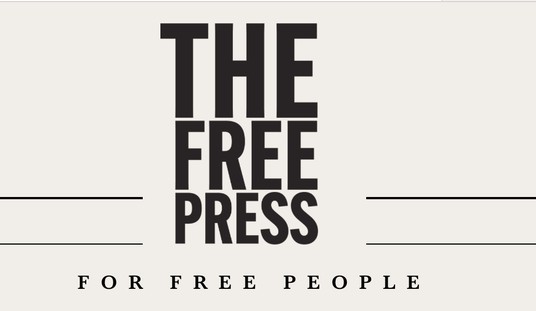The official CBO estimate of the federal deficit for FY2012, which concluded on September 30th, came to $1.1 trillion. That represented a $200 billion improvement over FY2011, helped along by an estimated $75 billion surplus in September 2012 to finish off the fiscal year on a positive note. That positive note came after an August deficit of $191 billion, though, and the average deficits for FY2012 came to nearly $100 billion a month.
So far, FY2013 is off to a worse start — and even worse than last year’s start:
The budget deficit rose in October, the first month of fiscal year 2013, as looming negotiations over expiring tax cuts and imminent spending reductions dominated the post-election political landscape.
The Treasury said on Tuesday the October deficit was $120 billion, larger than economist forecasts for a $114 billion gap and up from $98 billion in October of 2011.
The White House can’t blame a decline in tax revenues, either. This comes from a 16% increase in federal spending in October 2012 over October 2011 even while tax revenues increased by nearly 13%:
Growth in expenditures outpaced rising receipts, deepening the deficit. Outlays grew to $304 billion from around $262 billion in the same month last year while receipts rose to $184 billion from $163 billion.
The Obama administration estimated that the FY2013 budget deficit would stay below a trillion dollars for the first time in Obama’s presidency. At this rate, though, we are on pace for a $1.2 trillion deficit, more than 20% higher than the OMB’s August 2012 projection of the FY2013 deficit at $991 billion, and 25% higher than their earlier projection of $901 billion.
This news comes in the context of budget negotiations as the fiscal cliff arrives. Barack Obama wants to postpone spending cuts while attempting to wring $1.6 trillion in tax hikes over ten years to close the gap. But $1.6 trillion over ten years comes to an addition of roughly $13.34 billion a month in higher tax revenues during that period. We added more than 150% of that amount of tax revenue last month over the same month the year before, and the deficit went up, not down. This isn’t a revenue problem — it’s a spending problem.







Join the conversation as a VIP Member